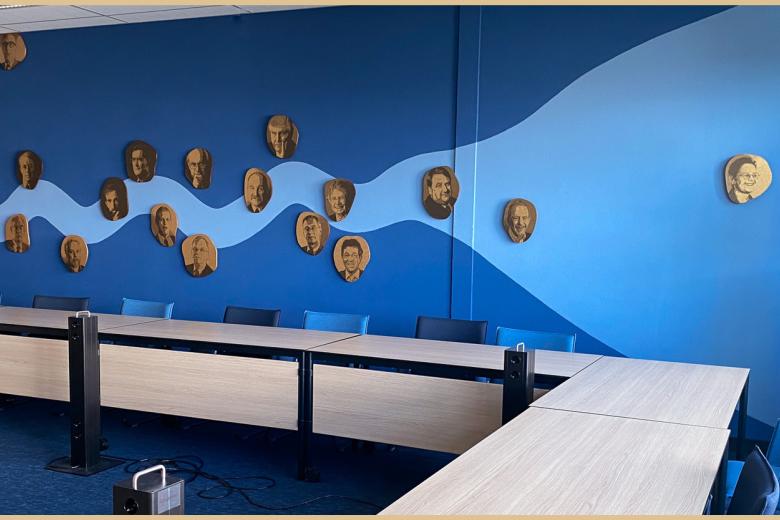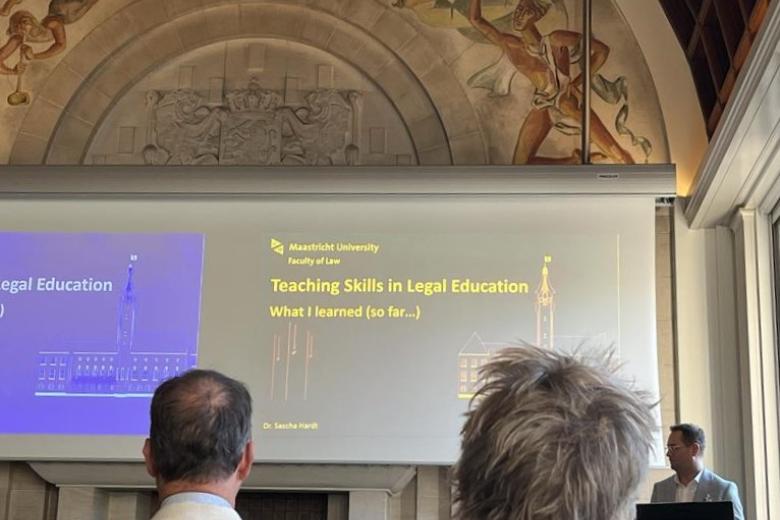On Monday 6 January 2024, from 15.15 to 18.00, we will be raising a toast to the new year together at the New Year’s Reception in Centre Céramique.

FHML deans shine in artwork ‘Memories in gold’
- UM news
The 50th anniversary of the Medicine (Geneeskunde) programme prompted Annemie Schols, dean of the Faculty of Health, Medicine and Life Sc

Is it matter for values in step within the organization? How (mis)alignment of risk preferences of Top Management team and middle managers affect the corporate innovation
Based on the market logic, corporate innovation was mainly agitated by market competition.

Making our curricula Michelin-worthy: skills taught by chefs
- Law
Years ago, when I still had a tv, one of my guilty pleasures was watching Hell’s Kitchen. You know, that show in which a certain foul-mouthed Scottish master chef tries to teach a bunch of unskilled wannabees how to prepare a decent meal, predominantly by yelling at them all the time? Quite an example, I know. To my defence, for me it was never the colourful language that made this show so compelling, but rather the gradual development of skills. Everyone who loves cooking (or eating, for that matter) knows that for good food one needs good ingredients. However, in Hell’s Kitchen, the quality of the ingredients, as it turns out, is not the defining factor. From the beginning, all participants get to work with top stuff, but at least in the first half of the season, they somehow manage to turn this into surprisingly inedible meals. Only when they seem to get the hang of all cooking techniques required, when they listen and learn to act on the feedback given (which miraculously mellows the better they listen), when they become skilled, truly skilled in the kitchen, the meals are no longer returned by the guests, but instead are eaten with gusto.
